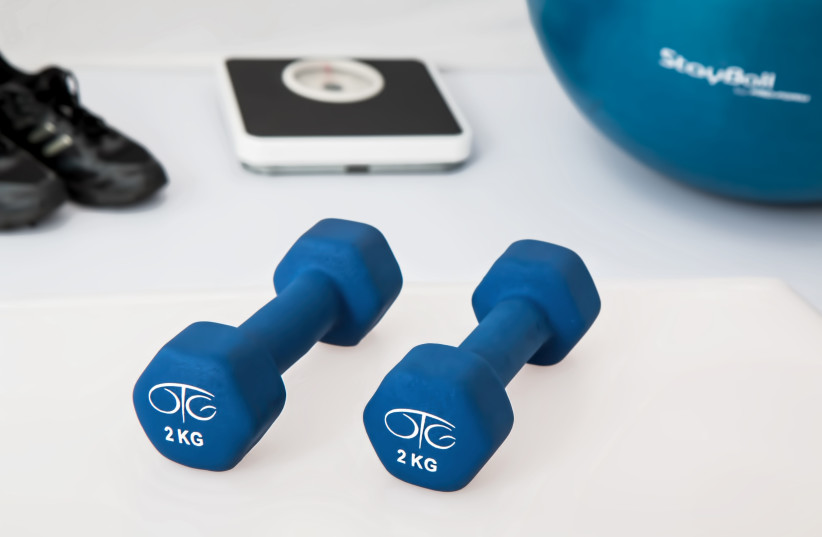Have you decided to make some lifestyle changes and start exercising and eating right? Now you have to choose the professionals who’ll help you develop the best routines and select the right foods.
Choosing a fitness trainer, nutritionist or dietitian isn’t easy when there are so many professionals in these fields. The web is full of ads, articles and commercials. Yet what should you consider when looking for a trainer that suits your lifestyle? Will the dietitian that a friend recommended understand your needs?
Just as you go to a dentist with the proper qualifications or you only have your child’s eyes checked by a certified optometrist, it’s important to carefully choose professionals to help you develop a healthy lifestyle, lose weight, get toned or obtain any other goals.
Leonor Okstein, a certified fitness trainer and Rona Even, B.S. in nutrition and clinical dietitian, founded the “mom gets back into her jeans” group and have some answers that will help you find the best professionals for your needs.
Choosing a fitness trainer
Choose a trainer who specializes in your field. In fitness training there are specializations such as the elderly, pregnant/postpartum women, sports injuries, functional training, Crossfit, etc. Look for a trainer who specializes in where you are in life.
You may receive great recommendations for a trainer whose focus is running and aerobic training yet you want strength or flexibility training. Every workout is different, so it’s important to clarify your goals and then look for a trainer that can help you with a targeted plan.
Personal connection
After you decide on a training method and receive recommendations from friends, check that you “click” with the trainer you selected. Yes, a click is a real thing, and in an intimate situation such as personal training, there should be a good connection between the trainer and the trainee.
Does the coach really see you during training? Pays attention and sees when a move is too difficult? Do you actually need a stronger push? All of these are crucial in order to know and understand if this is the coach you want for the long term.
Their training method is the one that will eventually make you persist or give up. Each trainer has a different training method and approach. Some will combine a variety of moves, some will prefer to focus on one technique, some will push you more and more and others will build the challenge gradually. Choose the workout that feels right for you. Look for a challenging workout yet one you can stick with.
Selecting a nutritionist
Should you choose to hire a nutritionist/dietitian, it’s crucial to choose a certified one with a certificate from the Health Ministry. Today, many people who have lost weight on their own tend to open weight loss workshops and even present results, but this isn’t the main point of the process.
To be certified, a dietitian must complete a bachelor’s degree in nutritional sciences, do an internship in a major hospital and pass a certification exam given by the Health Ministry.
A certified dietician can see the complete health picture and build a precise menu based on blood tests and one’s health profile. Check a person’s qualifications on the Health Ministry’s site.
Do you feel a personal connection to the dietitian or nutritionist?
As in choosing a fitness trainer, here too a personal connection is needed. After you choose the professional and check their qualifications, ask what their treatment approach is and if it fits into your life. Some nutrition methods are strict, and there are more open approaches like intuitive eating.
A personal connection to the therapist and the method are one of the most important keys to success in the process and maintaining weight loss throughout life.
Comfort
Choosing a professional should suit you, not oppress you. If the meetings are face-to-face, it’s important that they’re nearby and that you don’t feel uncomfortable before the meetings.
If meetings are online, make sure that the hours and the foods suggested are good for you, and that you can communicate well even though meetings are virtual. The more comfortable you are, the more likely you’ll stick to the meetings and the process and achieve success.
If you thought you chose the trainer that suits you or the nutritionist that meets your needs and along the way you realized that something isn’t working, share your feelings. If they can’t adjust their methods to suit you, say goodbye. There are excellent professionals who can help you reach the goals you set for yourself and sometimes all you need is patience.




